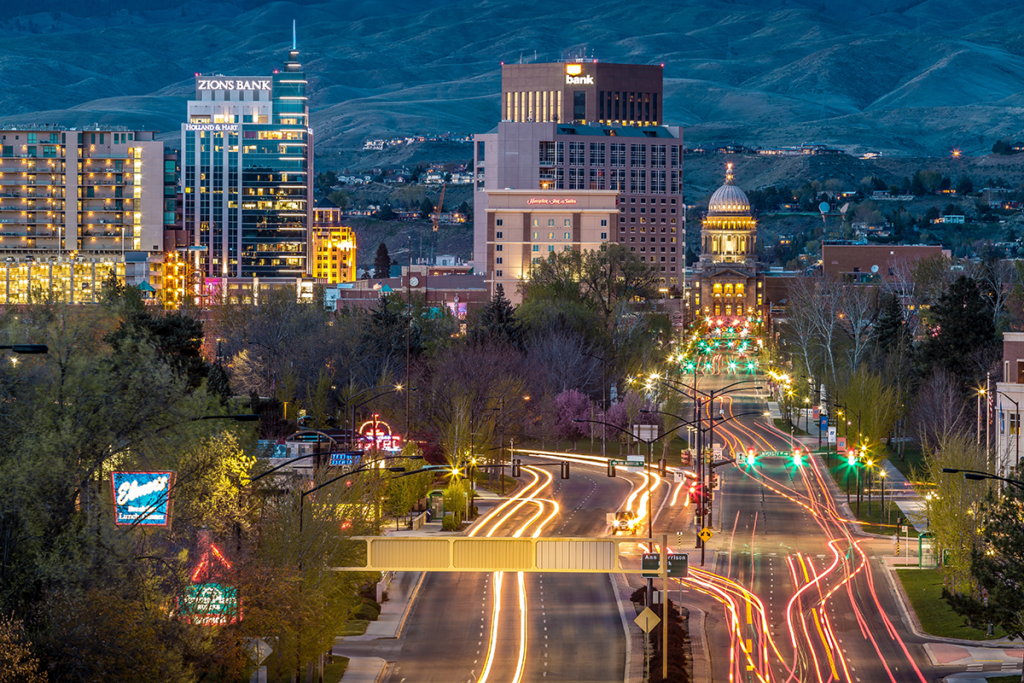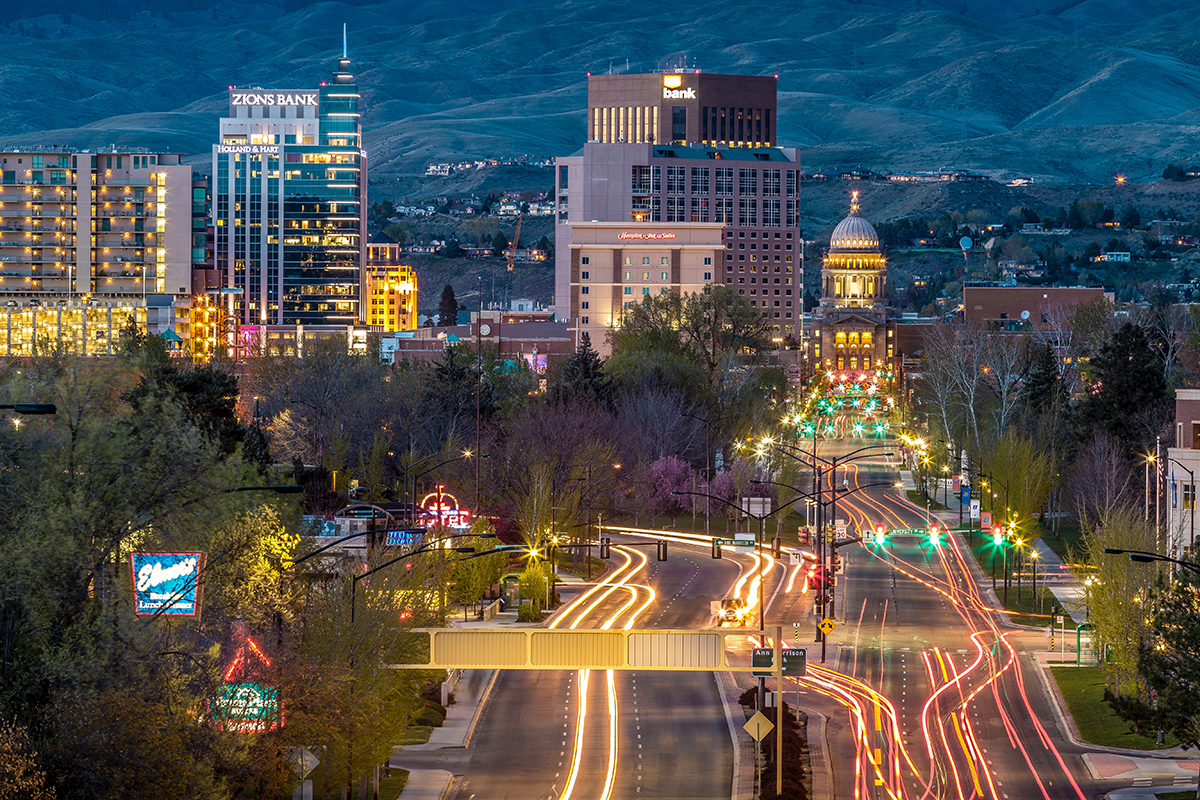
During an eight-year, eight-nation refugee journey, Fidel Nshombo survived numerous threats. He dodged two wars in his native Democratic Republic of Congo, and faced ceaseless hunger at refugee camps. And he did so alone: Nshombo’s siblings and parents scattered to camps across Rwanda, Uganda, and Congo. “Everyone ran in their own direction,” he recalled.
By the time Nshombo, then 22, reached John F. Kennedy International Airport in 2006, he should’ve felt secure. He had finally been granted asylum in the U.S., and was en route to Boise, Idaho, where his life could begin anew. Instead, he couldn’t shake the words a woman had shared just before he boarded his flight. She warned the refugee about what he might find in Idaho.
“I came to Boise very scared because this woman said I’d either die from cold and snow,” he said, “or the people will kill me because I don’t look like them.”
Nshombo carried that fear with him for an entire year. The expected persecution and racism was like “waiting for the ticking bomb to explode,” he said.
But what Nshombo actually experienced was the opposite: what locals call “Boise nice.” There was the high school student who showed him the best grocery stores. A teacher helped him navigate the ins and outs of U.S. culture, and resettlement volunteers steered him toward a job. His new neighbors supported his poetry, bought his books, and offered donations to help resettle family members in Canada.
“There’s a lot of great people in Boise, and that’s why I’m here,” Nshombo said.
That’s not to say refugees don’t face threats. Last summer, an attacker stabbed nine refugee children and adults at a birthday party, killing a 3-year-old girl. Vandals targeted two refugee restaurant owners in recent years with racistgraffiti, and backlash swirled around the Twin Falls Chobani yogurt plant where scores of newcomers find employment. And, while the Aryan Nations’ heyday is long past, north Idaho still harbors racist ideologies. To outsiders, these events can give the impression that Idahoans have embraced the virulent anti-refugee rhetoric emanating from white nationalists and President Donald Trump’s administration.
But these stories are far from the whole picture. Since 2002, Idaho has received more than 12,600 refugees, and it routinely ranks among the top states in per-capita refugee resettlement. Community members left messages of support at the vandalized restaurants. American-born neighbors stood in mourning with the family of the stabbing victim.
“I think that [the anti-refugee sentiment] came from elsewhere,” Idaho Office for Refugees director Tara Wolfson said about the Chobani criticism.
Nshombo learned over the last dozen years that, while incidents motivated by racism and hatred do take place, they are not indicative of Boise’s overall culture. He says the kindness he found in Boise helped him build a stable life: he started a family, owns a home, and is active in charity work. Today, Nshombo represents Idaho in the United Nations Refugee Congress, and is involved with several city initiatives to improve the lives of refugees in Boise.
“This place really cares,” Nshombo said. “Just a few years ago I was in a refugee camp and I had no food to eat. Today, Boise is a place I’m proud to call home.”
This story first appeared in the Bitterroot newsletter.

